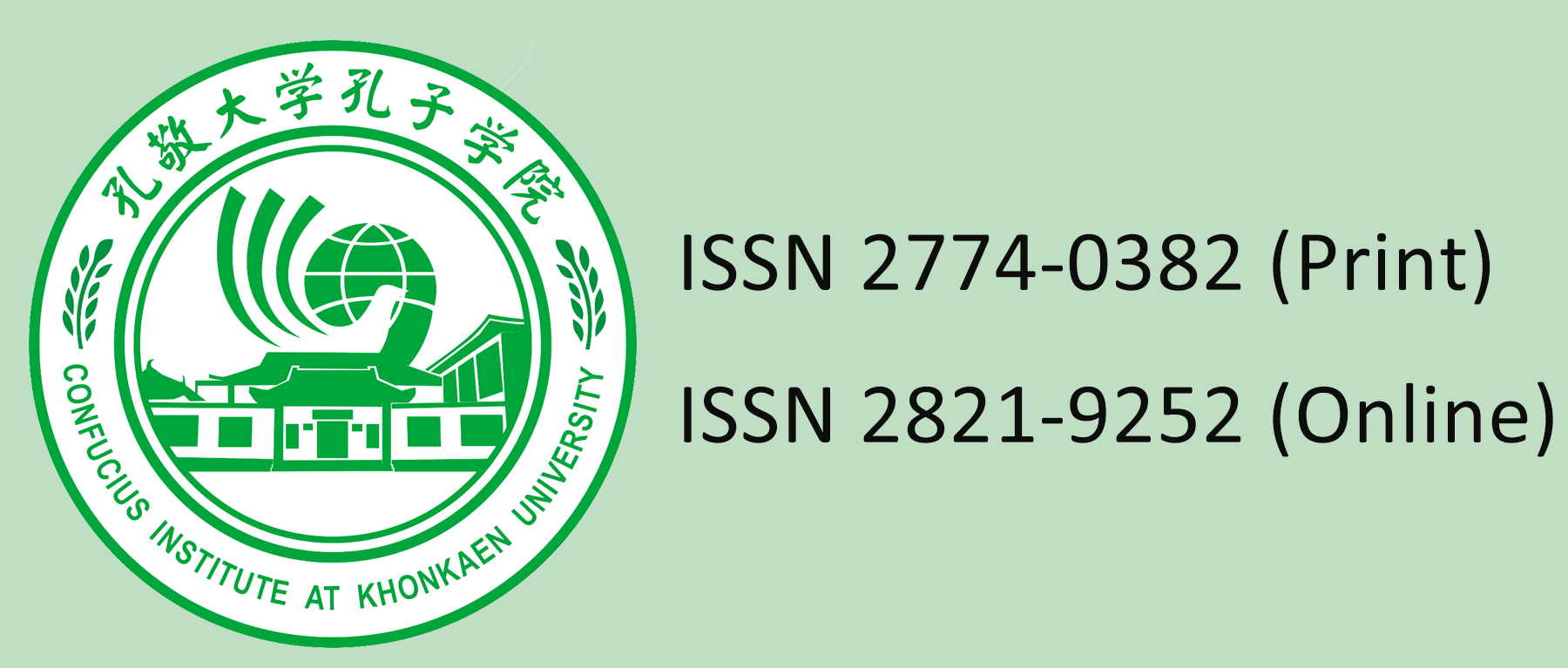Ambiguousness and Disorderliness: The Colonial Discourse in Hong Kong Literature in the 1940s
Main Article Content
Abstract
In the 1940s, the colonial discourse expressed by Hong Kong literati was extremely ambiguous, which can be reflected in three aspects of their literary works: the description of “daily life,” the construction of “foreigner,” and the shaping of “Hongkonger Identities” Criticism of Westernisation and the revelation of a hybrid essence reveal the ambivalence of Hong Kong literati towards British colonial rule in the 1940s. The different constructions of the images of foreigners in the early period of the Anti-Japanese War, the Japanese occupation, and the post-war era, expressed their different positions and opinions on cultural identity, colonial criticism and other issues, and different directions to colonial criticism, showing the complexity of the situation. Moreover, their different portrayers of “Hongkongers” reflected the complex and varied colonial experiences of Hong Kong literati in the 1940s, while also mirroring fragmented split identity.
Article Details
How to Cite
ZHANG, W. (2024). Ambiguousness and Disorderliness: The Colonial Discourse in Hong Kong Literature in the 1940s. Journal of Sinology and Chinese Language Education, 6(1), 39–49. retrieved from https://so08.tci-thaijo.org/index.php/cikkuhygj/article/view/2970
Section
SINOLOGICAL STUDIES


